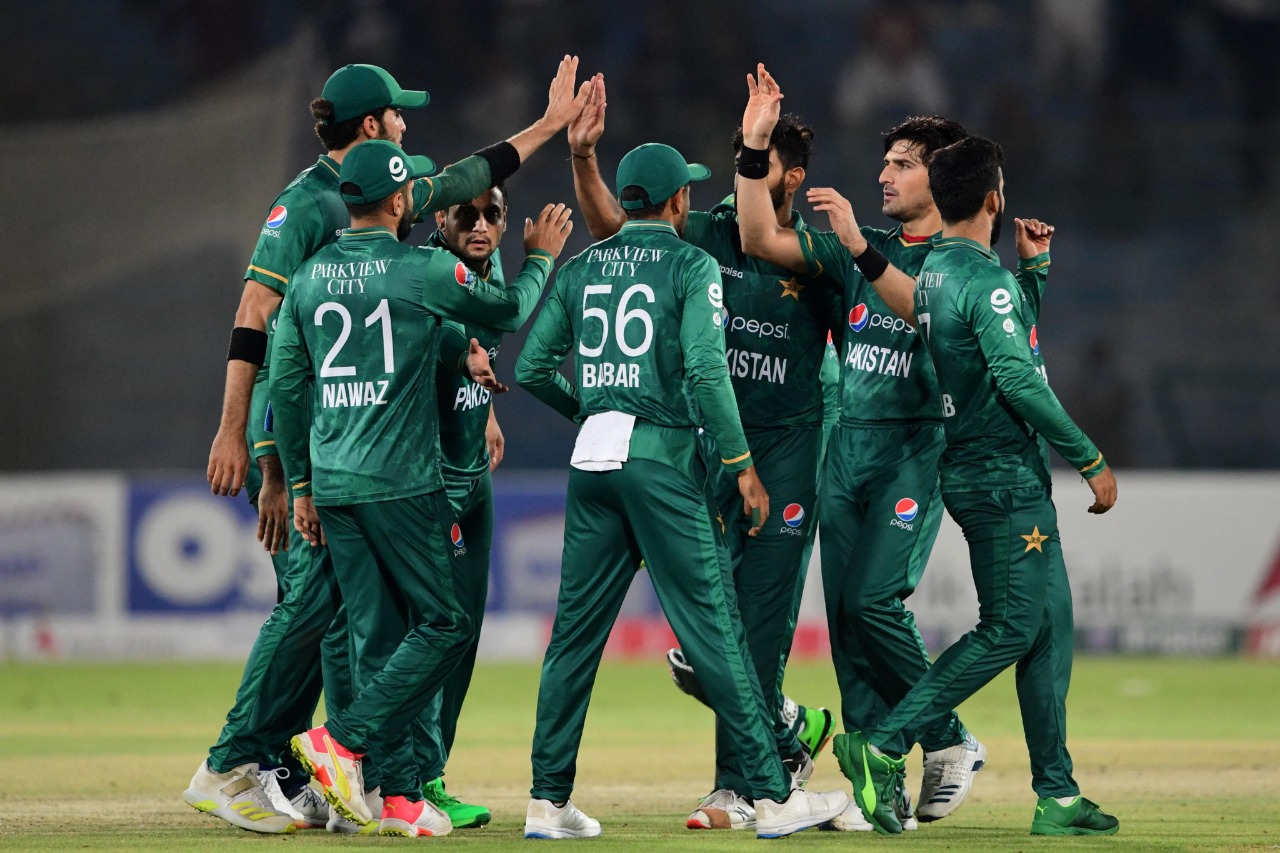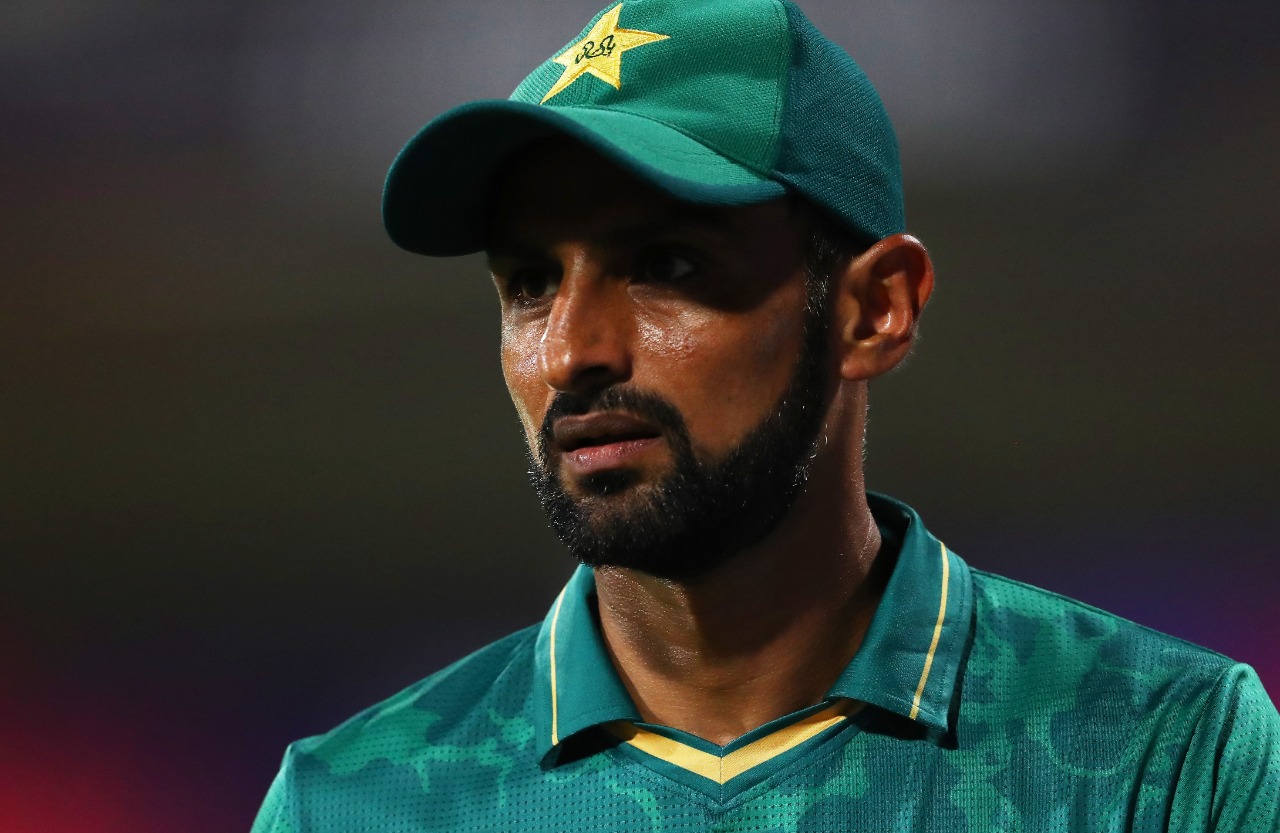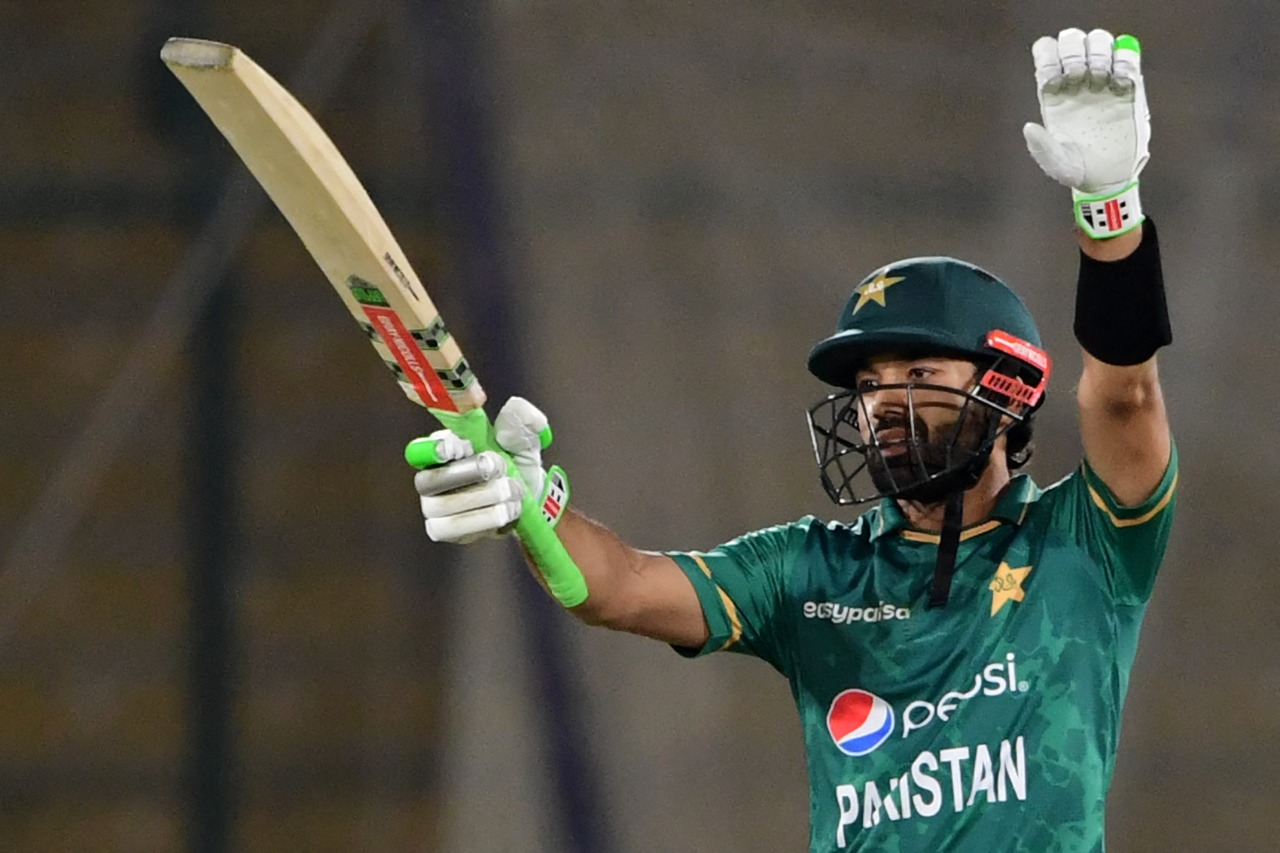News
The year of T20s that belonged to Pakistan
Despite faltering on the penultimate step of the T20 World Cup, Pakistan's achievements in the shortest format hint at future greatness
The image of Hasan Ali hunched on his knees after Pakistan’s T20 World Cup semifinal defeat to Australia was telling. Detractors and fans had expected his team to reach the final and a majority were sure they would lift a second T20 World Cup title. More than the ones outside, the team believed they could go all the way. After all, they began the tournament by decimating pre-tournament favorites India by ten wickets – their first ever World Cup win over their neighbours. To back it up, they bulldozed New Zealand, Afghanistan, Namibia and Scotland. They looked imperious for the majority of the semifinal too, but a spilled catch and two bad overs were all that it took to shatter their dream.
It was the only blip in Pakistan’s momentous year in the shortest format. They won 20 of their 29 matches in 2021, creating the record for most T20I wins in a year. It might take a few more years, even for Pakistan themselves, to emulate it. Whenever they took to the pitch, Babar Azam’s juggernaut looked like an impending cataclysm for the opponents.
They started out with series wins in South Africa, Zimbabwe, West Indies. They narrowly lost in England and outclassed South Africa at home. There was some material to wave off the team’s chances at the T20 World Cup. South Africa were losing at home consistently, the West Indies series saw a match slashed off due to covid and three games were washed out due to rain. England were the white-ball supremos and Pakistan couldn’t beat their second string ODI squad that was put together at the last moment. There was no chance this team could beat the better sides, so was the assumption.
For Babar Azam and his men though, the T20 World Cup was just a bigger platform to showcase their prowess to the rest of the world which was either unaware or unwilling to take notice. After the narrow loss in the semis, its now hard to ignore their two dominant series wins over Bangladesh and West Indies post World Cup.

Pakistan have now reached a state of unperturbed consistency in the shortest format despite the turbulence within their Board and coaching staff. Head coach Mickey Arthur was unceremoniously sacked after the 2019 World Cup, which was shortly followed by the dismissal of Azhar Ali as the Test captain. Ramiz Raja earlier this year, was elected Pakistan Cricket Board’s chairman, which was followed by the sacking of Misbah Ul Haq as the head coach along with the bowling coach Waqar Younis and CEO Wasim Khan.
Amid the changing landscape, the previous administration’s decision to promote Azam as the all-format captain proved to be a master stroke. Compared to his predecessors, Azam is neither boisterous nor eloquent with the media, an advantageous quality in the age of social media. His shy persona in press conferences is replaced by an animated presence on the field.
Besides being a hustler on the ground and an elegant batter, Azam is believed to have close control over the team selection which has helped the likes of Shadab Khan, Mohammad Rizwan, Shaheen Afridi and Hasan Ali become integral to the team’s success. While the integration of young talents such as Haris Rauf, Asif Ali, Mohammad Hasnain and Mohammad Waseem Jr has been seamless, veterans have not been discarded. Former captain Sarfaraz Ahmed had played just two matches in the whole year, but remained a constant member of the squad, selflessly providing his inputs and carrying drinks for his teammates.

Shoaib Malik was pivotal in the win against Scotland with a brilliant 18-ball 54 and was the first one to console Hasan Ali when he dropped Matthew Wade during the tense World Cup semifinal. Even 34-year old Sohaib Maqsood, who was shunted off from the national team for five years, was given a go during the England and West Indies tours.
Since taking over as the captain in November 2019, Azam has won 26 of the 40 T20Is he has led, at a stunning win percentage of 74.2%. He has a simple explanation about the team combinations.
“If you select players, you cannot guarantee that they will perform. There are ups and downs, and the players we selected were chosen because they had performed elsewhere. You need to take your chances if you want to stay in the Pakistan team. You will have to perform consistently, otherwise you get demoted to the bench,” he told ESPNCricinfo in a recent interview.

The team has looked hungrier than ever since the cancellation of the home series against New Zealand and England just before the World Cup. Azam and Rizwan have set new precedent for T20 batting with their opening combination and don’t look like stopping any time soon. Even when one of them is not performing, Asif Ali proved useful in the top order with an important knock against West Indies. Wasim Jr, Hasnain and Shahnawaz Dahani shouldered the bowling attack when Afridi was rested for a couple of games.
It will take a wait until early March to see this marauding Pakistan side take the field against reigning T20 champions Australia. With a second T20 World Cup in as many years on the horizon, it's foolish to play down their title credentials. The heartbreak of 2007 World T20 final had come before they lifted the title two years later and the semifinal loss in 2021 could just be another beginning.
